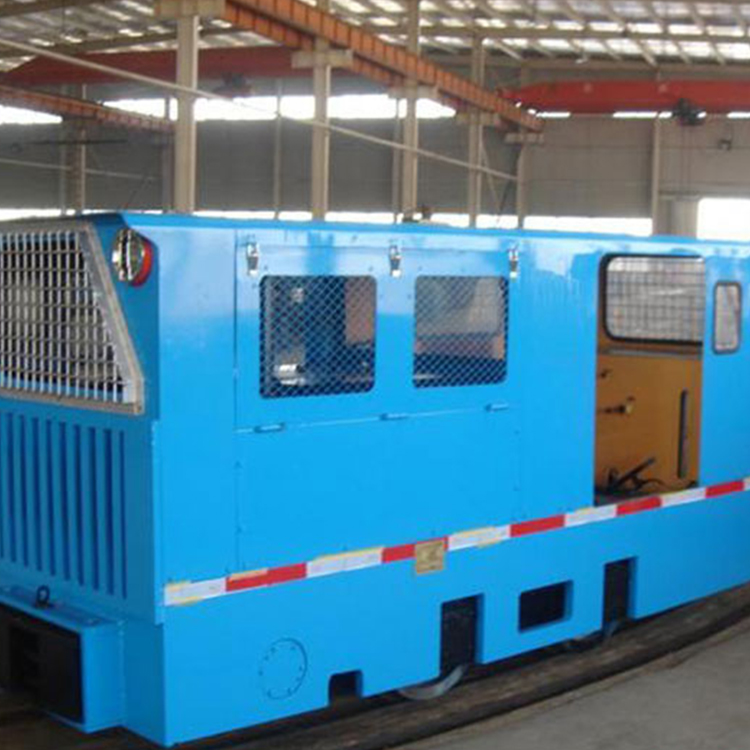The working principle of narrow gauge locomotive
Date:2022-03-16 Label:
Narrow Gauge Locomotive
The
narrow gauge locomotive obtains electrical energy from the circuit by means of a pantograph. When the
narrow gauge locomotive is running, the pantograph slides along the overhead line. The power supply method of the
narrow gauge locomotive is that the high-voltage cable drawn from the central substation supplies the three-phase AC power supply of the traction converter, which is stepped down by the transformer, and then sent to the converter equipment through the low-voltage cable to convert the AC power into the three-phase AC power supply. DC. The positive pole of the DC power supply is connected to the overhead line conductor through the power supply cable, the contact during the period becomes the power supply point, and the negative pole is connected to the track through the return cable, and the corresponding contact is called the return point. When
narrow gauge locomotive working, the upper part of the
narrow gauge locomotive running along the track obtains electric energy by contacting the overhead line with the pantograph, and the lower part uses the wheel to contact the track to form a loop, which makes the traction motor work, so that the
narrow gauge locomotive pulls the mine car to travel.
It can be seen from this that the running track of the narrow gauge locomotive is also the conductor of the current loop. In order to reduce the voltage drop of the traction grid, the joints of the rails are generally connected with wires or copper sheets to reduce the resistance at the joints.
